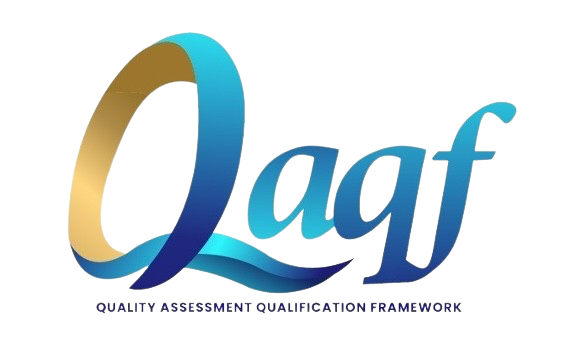Quality Assessment
Purpose and Importance
– Ensuring Educational Excellence: The primary goal is to maintain and enhance the quality of education and training, ensuring they meet or exceed established standards.
– Continuous Improvement: Quality assessments are integral for identifying areas for improvement and implementing changes
Comprehensive Evaluation Methods:
– Curriculum Review: Assessing the relevance, comprehensiveness, and currency of the curriculum in alignment with industry standards and future trends.
– Teaching and Learning Assessment: Evaluating the effectiveness of teaching methodologies, the learning environment, and the resources available to students.
– Student Performance and Outcomes: Analyzing student performance data, including exam results, coursework, and practical skills assessments, to gauge the effectiveness of the learning process.
– Faculty Evaluation: Assessing the qualifications, professional development, and teaching performance of faculty members.

Consultio is a professional consulting company
2nd Feb, 2018
Exhibition Planning & Exhibition Management21st Jul, 2018
Growth internationallyfirst half of the 2018s19th Aug, 2018
The purpose of the business plan2nd Jan, 2019
Focus business history on what matters to planning22nd Sep, 2019
History to Unite and Inspire People12th Jan, 2018
Establishment of Constrio8th Jul, 2018
Registered as a construction company18th Aug, 2018
Construction bought the Greek company Delta27th Sep, 2018
For lean business plans, operational plans, and strategic plans8th Jul, 2019
Award winner
We have many reviews from our satisfied clients.

Kathleen Smith

Van Hunter

Macquarie Telecom

Fred L Smith
Stakeholder Feedback:
– Student Surveys and Feedback: Collecting and analyzing feedback from students regarding their educational experience and satisfaction.
– Employer and Industry Input: Engaging with employers and industry representatives to gather feedback on the relevance and applicability of the qualifications.
Quality Assurance Processes:
– Internal Audits and Reviews: Regular internal audits and reviews conducted by QAQF to ensure adherence to quality standards.
– External Accreditation and Reviews: Seeking external accreditation and undergoing reviews from independent accrediting bodies to validate the quality of programs and qualifications
Continuous Quality Improvement (CQI)
– Action Plans and Strategies: Developing and implementing action plans based on assessment findings to continually enhance the quality of education.
– Ongoing Monitoring: Regularly monitoring the effectiveness of implemented changes and making adjustments as necessary
Transparency and Reporting:
– Public Disclosure: Sharing quality assessment results and improvements with the public to maintain transparency and accountability.
– Reporting to Stakeholders: Providing detailed reports to stakeholders, including students, educators, and industry partners, about quality assurance efforts and outcomes.


